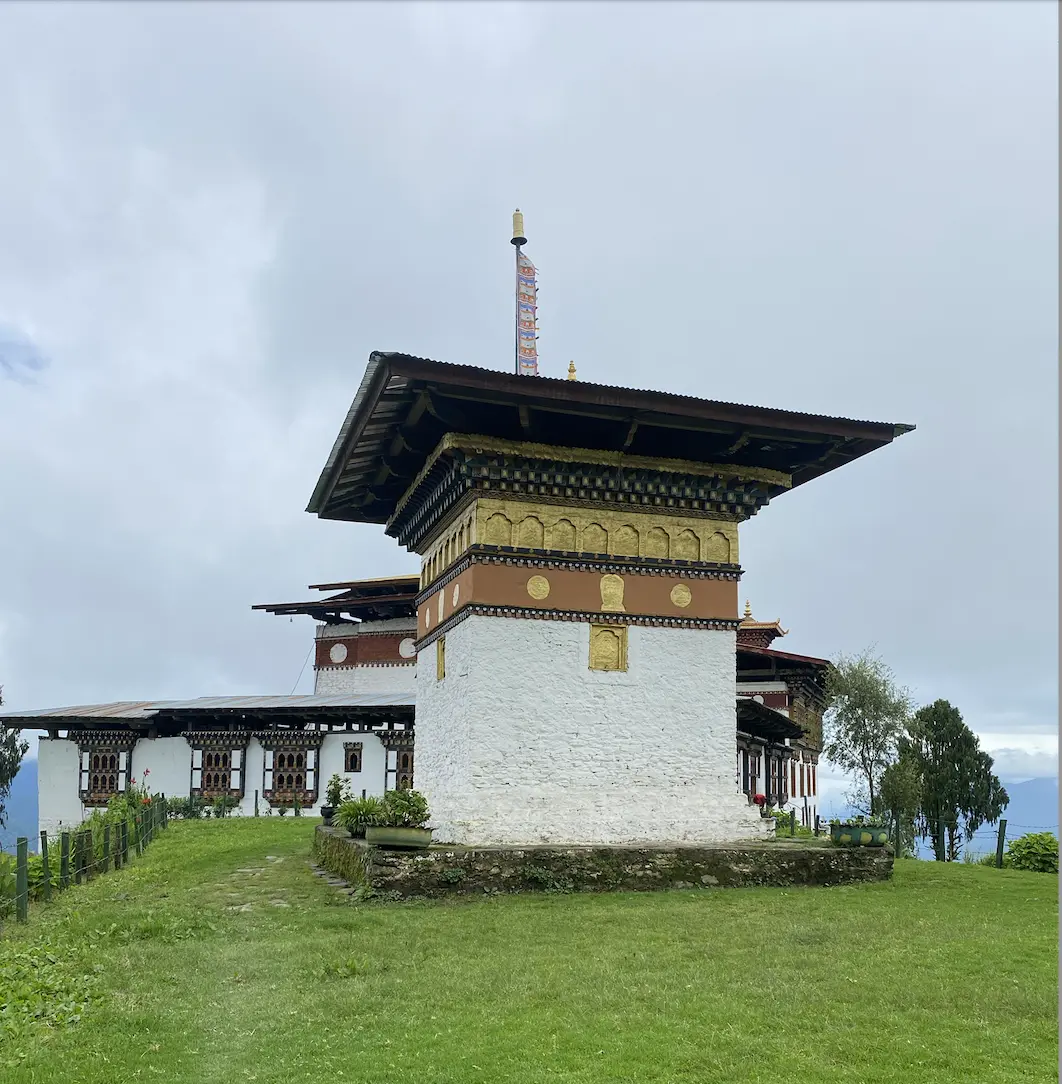TRAVEL TIPS TO BHUTAN
Traveling to Bhutan for the first time is an exciting experience! I am Kinga and in this blog, you can find some tips to help you make the most of your trip:
1. Visa and Permits
>Visa: All international tourists (except Indian, Bangladeshi, and Maldivian nationals) need a visa to enter Bhutan. The visa must be pre-arranged through a licensed Bhutanese tour operator or their international partners. Or you can choose to apply it yourself at this link https://bhutan.travel/visa
>Permits: For nationalities of India, Bangladesh & Maldives, you will need a permit. You can apply it online or get the permit on arrival. Additional permits are required to visit certain areas in Bhutan, such as Paro, Thimphu, Punakha, and Bumthang. All these permits will be arranged by the tour operator you choose to travel with or it can be availed as and when you visit the places.
2. Tour Packages
>Tour Guide: All tours to Bhutan will require a guide while in Bhutan. The reason why guide is mandatory is because Bhutan is a country with lot's of spiritual and religious places. Therefore, having a guide will better assist in knowing what can be done and what are not allowed. Pre-covid, all visitors had to book their travel through a local tour operator. Post covid, this rule has been made more flexible and a major change has been initiated. by the tourism council of Bhutan. Tourists no long have to book through a local tour operator. He/she can book it on your own. You can apply for the visa yourself, book hotels yourself, find a guide yourself, arrange for accomodation all by yourself giving you the ultimate freedom to choose and decide based on your preference. However, this entails a lot of work and hours that needs to be put in to arrange everything which is why it is still highly recommended to get in touch with a local tour operator and let us sort out all these logistical issues. This arrangement will make your journey much more efficient and smoother.
>Package options: Talk to a local tour operator and find out which package best fits your availability, budget and requirements. You as a traveller can choose to visit Bhutan for as low as 3 nights or as high as 3 weeks.
>Package inclusions: It will include an approved visa, guide, transportation, airport transfers, accommodation, all sightseeing fees & charges and all meals. Further as a complimentary we at CUDIS vacations provide tourist SIM card on arrival, yoga sessions, spa sessions, mineral water for the entire duration & most importantly an opportunity to take part in our social cause. From every visitor we receive, we donate 5$ per night to an NGO or charitable organisation
>Sustainable Development Fee (SDF): There is a daily fee per tourist, which goes towards sustainable development projects in Bhutan. For all nationals the SDF is USD 100pp/night. For Indian & Bangladeshi nationals, it is INR. 1,200 pp/night. Read more about SDF, why it is charged, where it is used & how it is managed at this link https://bhutan.travel/faqs
3. Best Time to Visit Bhutan
>Spring (March to May): Ideal for trekking and seeing the famous rhododendron blooms.
>Autumn (September to November): Clear skies and pleasant weather, perfect for festivals and trekking.
4. Packing Essentials
>Clothing:Temperatures can vary significantly between day and night. Include warm clothing, especially if traveling in winter.
>Comfortable Shoes: Essential for trekking and walking tours.
>Rain Gear: If visiting during the monsoon season (June to August), bring a rain jacket and waterproof shoes.
>Travel Adapter: Bhutan uses 230V, 50Hz power outlets with plug types C, D, and G.
5. Health and Safety
>Altitude Sickness: Some areas in Bhutan are at high altitudes. Stay hydrated and take it easy for the first few days to acclimatize.
>Travel Insurance: Ensure you have comprehensive travel insurance that covers medical emergencies and evacuation.
6. Cultural Etiquette
>Respect Local Customs: Dress modestly, especially when visiting temples and monasteries. Remove your shoes before entering religious sites.
>Photography:Always ask for permission before taking photos of people or religious sites. Most religious sites are prohibited from taking photos particularly inside the shrine. You're however permitted to take pictures of the external surroundings and the courtyard.
7. Currency and Payments
>Ngultrum (Nu): The local currency. Indian Rupees (INR) are also widely accepted, except for INR 500 and INR 2000 notes.
>Cash: ATMs are available in major towns, but it’s advisable to carry some cash, especially in remote areas.
>Credit Cards: Accepted in larger hotels and shops in major towns, but not in remote areas.
8. Connectivity
Internet: Wi-Fi is available in most hotels and cafes, but the speed can be slow. You will be provided with a complimentary tourist sim card for better connectivity. The SIM card will need to be recharged for data balance to use the internet.
9. Environmental Responsibility
>Bhutan is a carbon negative country and it is mandated in the constitution to maintain atleast 60% of the country under forest coverage. Bhutan and its people live in harmony with nature. We try to minimise the environmental damage as much as we can. We do not promote mass logging, illegal cutting down of trees is prohibited & at the same time initiatives are undertaken by various private social groups, NGO and government agencies to plant more trees, conduct cleaning campaigns and more.
>Waste Management: Carry a reusable water bottle and avoid single-use plastics to minimize your environmental impact.
10. Must-See Attractions
>Paro Taktsang (Tiger’s Nest Monastery): A must-visit and iconic site.
>Punakha Dzong: One of the most beautiful dzongs in Bhutan.
>Thimphu: The capital city with attractions like the Buddha Dordenma statue, Tashichho Dzong, and the National Memorial Chorten.
>Bumthang Valley: Known for its beautiful landscapes and cultural significance.
By following these tips, you'll be well-prepared for a memorable and enjoyable trip to Bhutan!
WELCOME TO BHUTAN!






